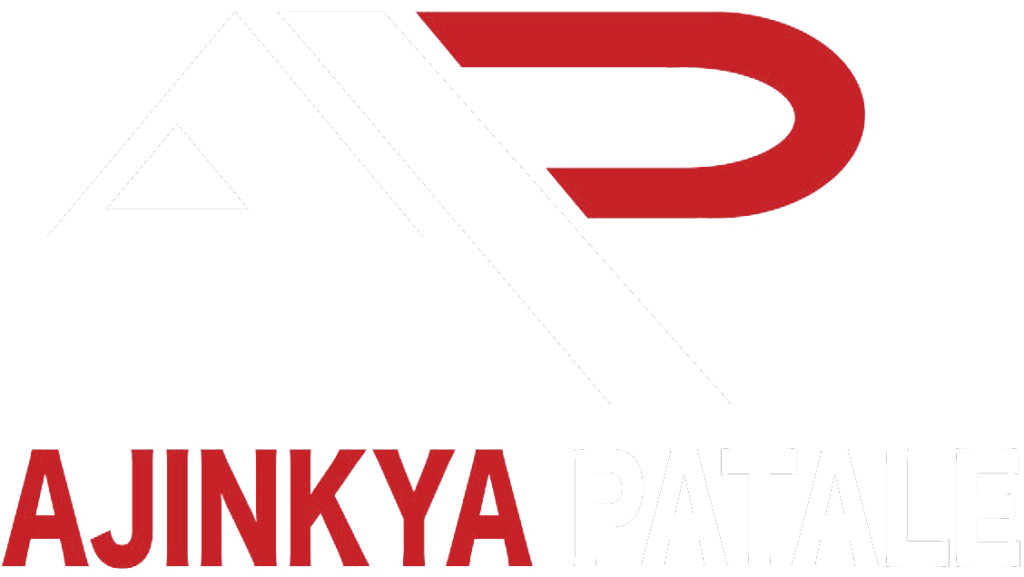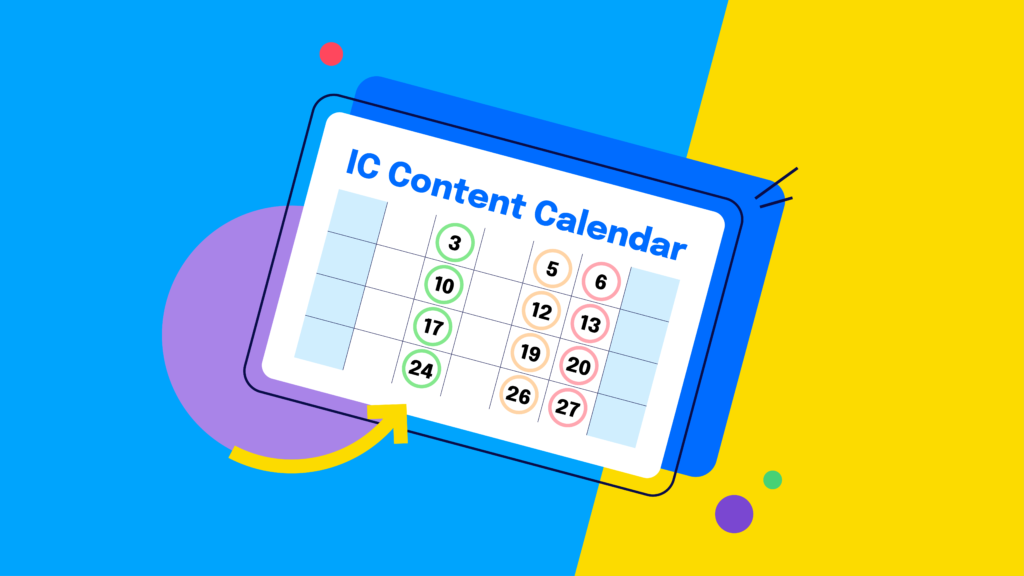In today’s digital age, where consumers are bombarded with an overwhelming amount of information, businesses must find innovative ways to capture and retain their audience’s attention. This is where the importance of a well-structured content calendar comes into play.
What is a Content Calendar?
A content calendar, also known as an editorial calendar, is a schedule that outlines the content to be created and shared across various marketing channels over a specific period. It serves as a roadmap for content creation and publication, helping businesses stay organized, consistent, and relevant in their messaging.
Benefits of Using a Content Calendar:
In today’s fast-paced digital landscape, effective content management is essential for businesses and creators alike. With the ever-increasing volume of content being produced and consumed, maintaining a consistent and organized approach to content creation and distribution is key to success. One invaluable tool in achieving this is the content calendar.
A content calendar, also known as an editorial calendar, is a scheduling tool used to plan and organize content creation and publication over a specified period. From blog posts and social media updates to email newsletters and video content, a content calendar helps streamline the content creation process, ensuring that all efforts are aligned with overarching goals and objectives.
One of the primary benefits of using a content calendar is improved organization and efficiency. By mapping out content ideas, deadlines, and publication dates in advance, teams can better manage their resources and workflow. This allows for better coordination between team members, reduces last-minute scrambling, and minimizes the risk of missed deadlines or overlooked opportunities.
Furthermore, a content calendar facilitates strategic planning and goal setting. By taking a holistic view of content initiatives, businesses can align their content strategy with broader marketing objectives, such as brand awareness, lead generation, or customer engagement. This enables teams to create content that is not only relevant and timely but also contributes to the achievement of key business outcomes.
Another significant advantage of using a content calendar is enhanced consistency and brand cohesion. Consistency is crucial in building brand recognition and fostering audience trust. By adhering to a predetermined publishing schedule, businesses can establish a regular cadence of content delivery, keeping their audience engaged and informed. Moreover, a content calendar helps maintain brand consistency across different channels and platforms, ensuring that messaging, tone, and style remain cohesive and aligned with brand identity.
Additionally, a content calendar promotes creativity and ideation. By providing a centralized platform for brainstorming and planning content ideas, teams can collaborate more effectively and leverage each other’s expertise and insights. This encourages the generation of fresh and innovative content concepts while also fostering a culture of continuous improvement and experimentation.
Moreover, a content calendar enables businesses to optimize their content strategy for maximum impact and reach. By strategically scheduling content publication based on audience behavior and platform algorithms, businesses can increase the visibility and engagement of their content. This includes leveraging peak times for social media posting, aligning blog content with search trends, and timing email newsletters for maximum open rates.
Furthermore, a content calendar helps businesses adapt to changing market conditions and trends. By staying agile and responsive, businesses can adjust their content strategy in real-time to capitalize on emerging opportunities or address shifting audience needs. This flexibility is essential in today’s dynamic digital landscape, where trends and consumer preferences can evolve rapidly.
Key Components of a Content Calendar:
- Content Types: Identify the various types of content to be created, such as blog posts, social media posts, videos, infographics, and email newsletters.
- Publication Schedule: Determine the frequency and timing of content publication across different channels, taking into account audience preferences and engagement patterns.
- Content Themes and Topics: Define overarching themes and topics to guide content creation efforts and ensure alignment with brand messaging and objectives.
- Content Creation Workflow: Establish clear roles and responsibilities within the content creation process, from ideation and creation to review, approval, and publication.
- Content Performance Metrics: Define key performance indicators (KPIs) to measure the success of content initiatives and track relevant metrics, such as engagement, reach, conversions, and ROI.
Conclusion:
In conclusion, a well-designed content calendar is an invaluable tool for businesses looking to streamline their content creation process, enhance collaboration, and drive meaningful results in today’s competitive digital landscape. By leveraging the power of strategic planning and organization, businesses can position themselves for success and effectively engage their audience with compelling and relevant content.
With the right content calendar in place, businesses can unlock the full potential of their content marketing efforts and achieve their goals with confidence and efficiency.

The Golden Circle of Content Marketing
Views: 156 Content marketing has become an indispensable strategy for businesses aiming to connect with their target audience, build brand loyalty, and drive conversions. Yet,

Why Every Realtor Needs a Digital Marketing Plan for Real Estate
Views: 144 The real estate industry is undergoing a significant transformation, driven by digital marketing plan and changing consumer behavior. Gone are the days when

Effective Use of Hashtags to Increase Your Social Media Reach
Views: 181 In today’s digital age, social media has become a powerful tool for individuals and businesses alike. With billions of users actively engaging on

The Importance of Authenticity in Social Media Marketing
Views: 208 In today’s digital age, social media has become a crucial platform for brands and businesses to connect with their audience. However, with the

The Impact of Visuals in Social Media Marketing
Views: 186 In the digital age, social media marketing has emerged as one of the most powerful tools for brands to connect with their audience.

The Role of AI in Social Media Content Creation
Views: 206 In today’s digital landscape, social media has become an essential platform for brands, businesses, and individuals to connect with their audiences. As the




